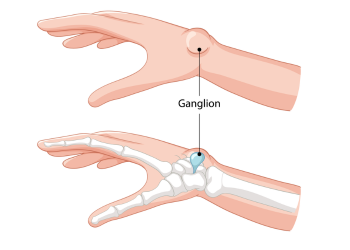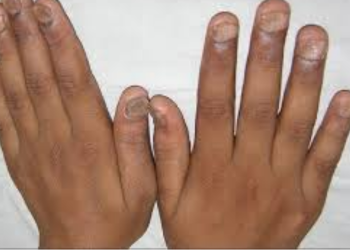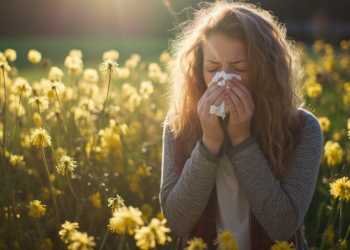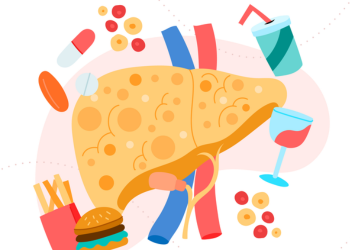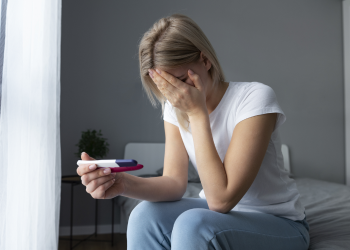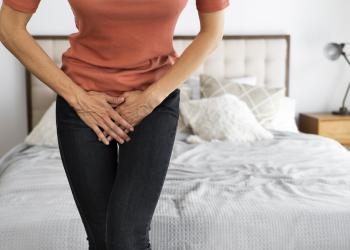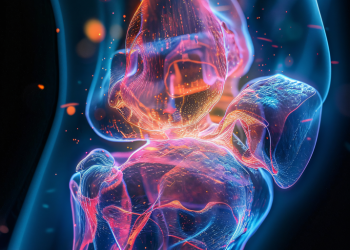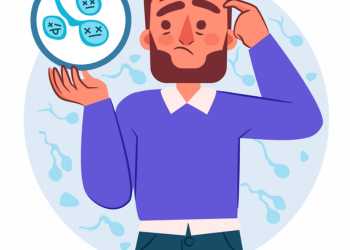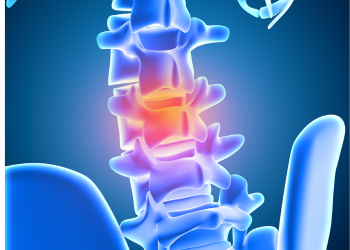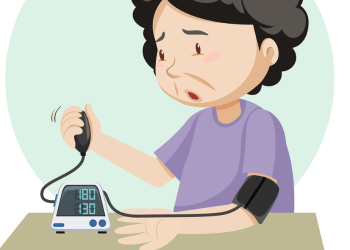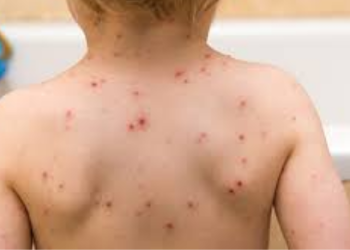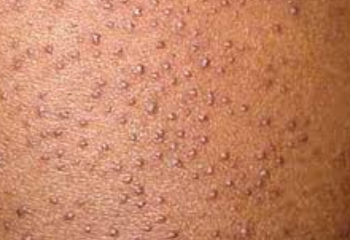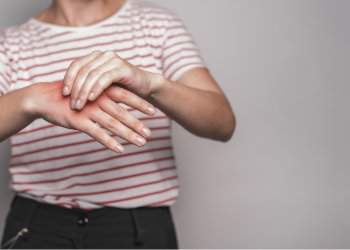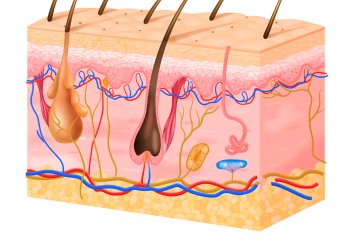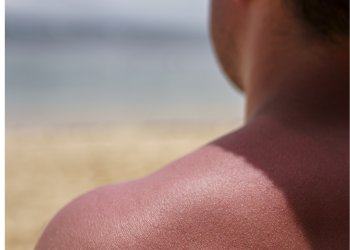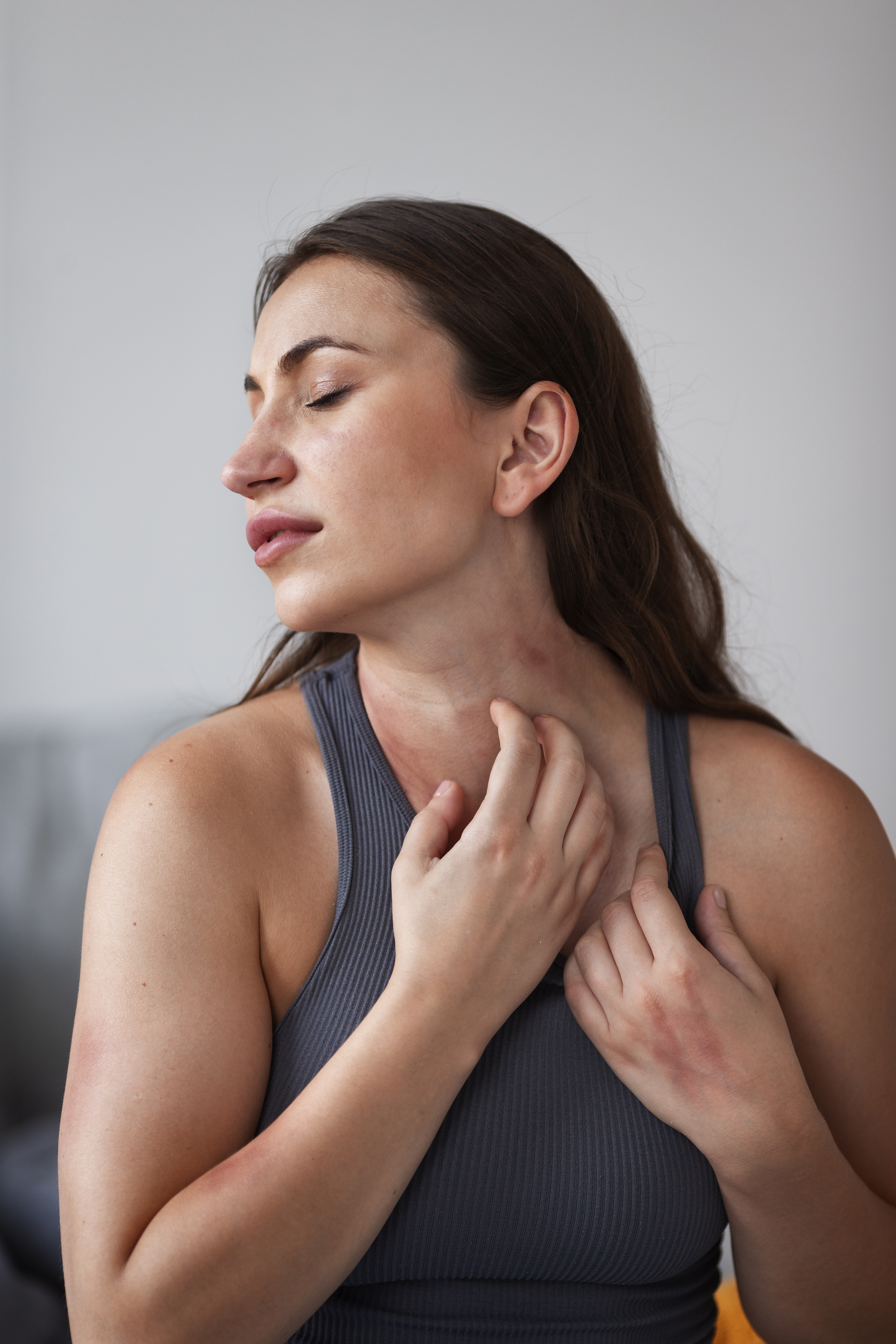
Anxiety is a normal part of life. Patients with anxiety
disorders frequently have intense, excessive, and persistent worry and fear
about everyday situations. Anxiety disorders may involve repeated episodes of
sudden feelings of intense anxiety and fear or terror that reach a peak within
minutes (panic attacks).
These
feelings of anxiety and panic interfere with daily activities, are difficult to
control, are out of proportion to the actual danger, and can last a long time. Symptoms may start during childhood or the
teen years and continue into adulthood.
HOMEOPATHY treats and cures anxiety disorders. The medicines
involved do not have side effects or dependency. These are tailor-made for
every single patient, and the doctor will take care of the minutest details
also while treating you
SYMPTOMS
Feeling nervous, restless, or tense
Sense of impending danger, panic, or
doom
Increased heart rate
Breathing rapidly (hyperventilation)
Sweating
Trembling
Feeling weak or tired
Trouble concentrating or thinking
about anything other than the present worry
Sleep disturbance
Experiencing gastrointestinal (GI)
problems
Cannot control worrying
Agoraphobia is a fear and
often avoidance of places or situations that might cause you to panic and make
you feel trapped, helpless, or embarrassed.
Anxiety disorder
due to a medical condition includes symptoms of intense anxiety or panic
that are directly caused by a physical health problem.
Generalized anxiety
disorder includes persistent and excessive anxiety and worry about
activities or events, even ordinary, routine issues.
Panic disorder involves
repeated episodes of sudden feelings of intense anxiety and fear or terror that
reach a peak within minutes (panic attacks). You may have feelings of impending
doom, shortness of breath, chest pain, or rapid, fluttering, or palpitations.
Selective mutism is a
consistent failure of children to speak in certain situations, such as school,
even when they can speak in other situations, such as at home with close family
members.
Separation anxiety
disorder is a childhood disorder characterized by anxiety that's excessive
for the child's developmental level and related to separation from parents or
others who have parental roles.
Social anxiety
disorder (social phobia) involves high levels of anxiety, fear, and
avoidance of social situations due to feelings of embarrassment,
self-consciousness, and concern about being judged or viewed negatively by
others.
Specific phobias are
characterized by major anxiety when you're exposed to a specific object or
situation
Substance-induced anxiety disorder
The causes of anxiety disorders aren't fully understood. Life experiences such as traumatic events appear to trigger anxiety disorders. Inherited traits can also be a factor.
MEDICAL CAUSES
Heart disease
Diabetes
Thyroid problems, such as
hyperthyroidism
Respiratory disorders, such as
chronic obstructive pulmonary disease (COPD) and asthma
Drug misuse or withdrawal
Withdrawal from alcohol, anti-anxiety
medications or other medications
Chronic pain or irritable bowel
syndrome
Rare tumors
RISK FACTORS
Trauma
Stress due to an illness.
Stress buildup.
Personality
Other mental health disorders, such
as depression, often also tend to have an anxiety disorder.
Anxiety disorders can run in
families.
Drug or alcohol use or misuse, or
withdrawal can cause or worsen anxiety.
COMPLICATIONS
Depression
Substance misuse
Insomnia
Digestive or bowel problems
Headaches and chronic pain
Social isolation
Problems functioning at school or work
Poor quality of life
Suicide
PREVENTION
Get help early. Anxiety, like
many other mental health conditions, can be harder to treat if you wait.
Stay active. Participate
in activities that you enjoy and that make you feel good about yourself. Enjoy
social interaction and caring relationships, which can lessen your worries.
Alcohol and drug use can cause
or worsen anxiety.
Treatment
The two main
treatments for anxiety disorders are psychotherapy and medications. You may
benefit most from a combination of these
Psychotherapy
Also known as talk
therapy or psychological counseling, psychotherapy involves working with a
therapist to reduce your anxiety symptoms. It can be an effective treatment for
anxiety.
Cognitive
behavioral therapy (CBT) is the most effective form of psychotherapy for
anxiety disorders.
Homeopathic medicines
ARSENICUM ALBUM
GELSEMIUM
ARGENTUM NITRICUM
Anxiety can feel
overwhelming, but homeopathy offers a gentle, individualized approach that
addresses more than just symptoms; it seeks to restore balance and well-being
at the root. If you’re exploring natural ways to manage anxiety, homeopathy is
a supportive path worth considering. Remember, you’re not alone, and healing is
possible.

